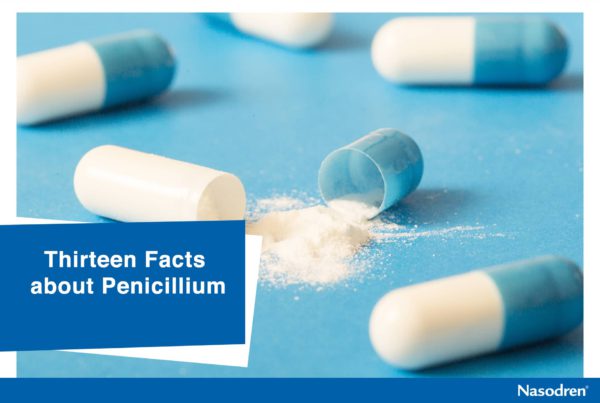Stinging Nettle: one of popular natural remedies for sinusitis
Different communities around the world have been using a broad spectrum of natural remedies for sinusitis. They use stinging nettle or nettle (Urtica dioica) for allergic rhinitis (hay fever), mild symptoms of viral sinusitis, arthritis, anemia and benign prostatic hyperplasia. However, it is not clear how the herb works.
The plant
The plant grows in Asia, North America and Europe. It blooms in August September in Asia.
In Latin, Urtica means “to sting.” The perennial plant has stinging hairs on stem and leaves. The leaves cause stinging sensation on touch. Stinging nettle injures if you walk on it because it has small spines.
The mineral-rich leaves contain ant-allergic substance.
The plant hairs contain acetylcholine, serotonin and histamine.
The phytochemical profile of the herb includes acetic acid, betaine, beta-carotene, caffeic acid, lecithin, p-coumaric acid and scopoletin.
The nutrient rich herb contains vitamins B1-B3, E and C, zinc, sulfur, calcium, iron, copper and potassium.
Nettle and sinusitis
The herb with strong antioxidant properties reduces sinus cavity’s inflammation and protects against allergen attacks.
Astringent properties and peppery flavor dry out the sinuses and therefore relieve sneezing and allergy-related congestion in allergic rhinitis.
It reduces itching and sneezing in hay fever patients.
The plant heals eye irritation and sneezing in allergic patients.
The herb reduces histamine production in the body. Therefore, it acts as antihistamine. Antihistamines are used to treat some forms of sinus infection.
Nettle has preventive uses as well. Take it before allergy season starts.
The plant may be used as main therapy for patients suffering from allergic chronic rhinosinusitis or as an adjunct therapy.
How to use
You can make tea from the leaves.
Buy nettle capsules from health-food stores.
Nettle leaf extracts are also available in pill form.
Other uses
Flowers, leaves and roots are used in different medicines. Nettle act as tonic, pain reliever, expectorant and diuretic.
Nettle is also added to hair care products to control scalp oil.
Caution
Natural remedies for sinusitis are age-old but require physicians’ advice for right amount of dosage for two reasons: adverse effects and very limited scientific research work focusing on the herb’s role in curbing sinusitis symptoms. Especially, not much data is available whether the herb is safe for breastfeeding and pregnant women. So, consult the doctor before using the herb. The patients suffering from bleeding disorders and diabetes should also consult their doctors.






